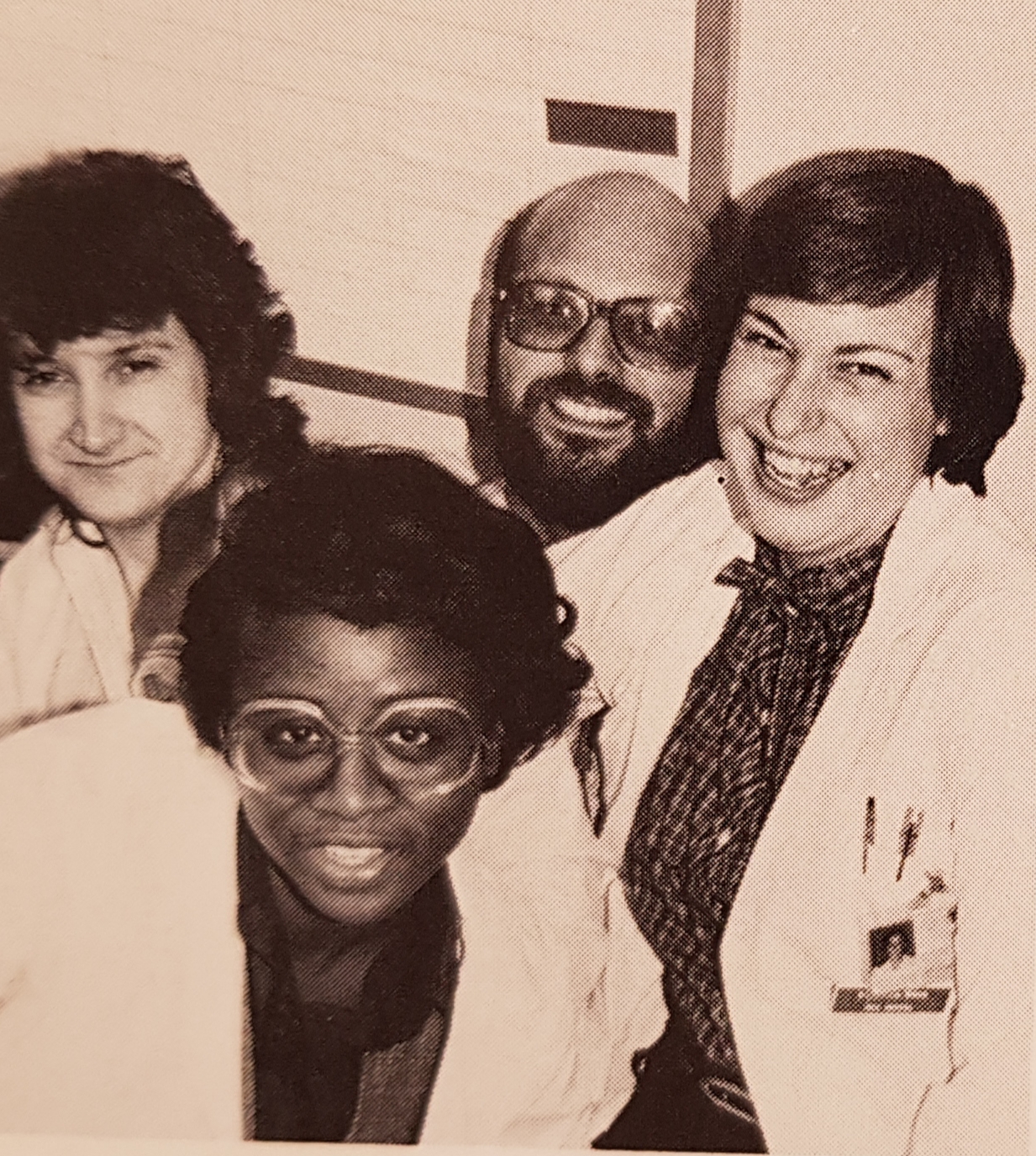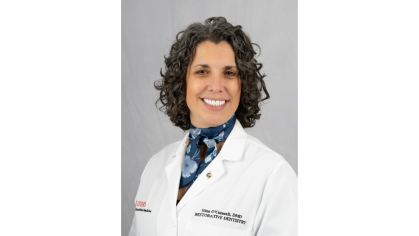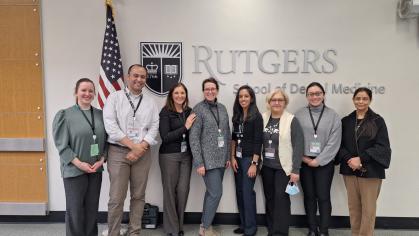RSDM’s First Female African American Oral and Maxillofacial Surgery Resident
 Oral and maxillofacial surgeon Gladys Johnson Whitten
Oral and maxillofacial surgeon Gladys Johnson Whitten
Gladys Johnson Whitten believes people become what they see. But she knows first-hand that seeing itself isn’t enough. One should also have the inner drive to set loftier goals. In her case, that was becoming an oral surgeon in the 70s.
“We were in a different place in time than now,” she said, regarding the discouragement and open opposition to women in the then-male-dominated specialty.
She will always remember how easily men dismissed her when she interviewed for oral surgery residency programs. At a New York oral surgery program, “I had three male oral surgeons lean across the table and say, ‘How did you get an interview? We don't take women in this program,’” she recounted. “Now you have legal recourse, but back then in ’77, they got away with it.”
But RSDM, then New Jersey Dental School, was different, where oral surgeons first piqued her interest and then encouraged her to apply.
 Whitten as a DMD candidate at New Jersey Dental School, now Rutgers School of Dental Medicine
Whitten as a DMD candidate at New Jersey Dental School, now Rutgers School of Dental Medicine
Whitten was a DMD candidate at RSDM when she got involved with the Department of Oral and Maxillofacial Surgery. The school had partnered with Georgetown University for a pain study, and Whitten was responsible for recording patient post-surgical pain data for that as a student researcher. “I had a lot of exposure … especially for that first case of the day, I'd go in the room, see what the surgeons were doing, and they talked me into it,” she said.
In 1978, she went straight from the DMD program into the residency program. She became RSDM’s first female African American oral and maxillofacial surgery resident. This was a joint program with Martland Hospital, which is now called University Hospital. She was the first female oral surgery resident in the hospital program as well.
 Whitten with fellow residents. The photo was taken in Whitten's third year when she was a chief resident in the oral surgery program.
Whitten with fellow residents. The photo was taken in Whitten's third year when she was a chief resident in the oral surgery program.
After completing her residency in 1981, she launched her career in Dallas, Texas. She opened her own practice. “The training that we received in dental school and in the hospital residency program was just excellent,” she said. “It allowed us to be able to feel confident and work independently.” She also taught at Baylor's College of Dentistry until she moved to her husband’s hometown, Lubbock, Texas.
Lubbock has the biggest trauma center in the region, she noted. “I treated all types of trauma, including gunshot wounds,” she said, as well as other pathology. Whitten maintained that for 24 years. She participated in the hospital call schedule to provide care for her community and surrounding areas while also running her own private practice.
She also became a role model for young women, who often called her for insight into the profession as a female. She told them how rewarding yet challenging the job can be. An emergency call could mean having to skip family events, leave birthday parties, and once, a complex trauma case caused her to miss most of Christmas day altogether. In 2014, she sold her practice but continued doing oral surgery for two days a month for a state correctional hospital. In 2020, during the pandemic, Whitten fully retired after 39 years of practicing oral surgery.
“Dentistry is an awesome profession,” she said. “It offers a lot of opportunities.”



